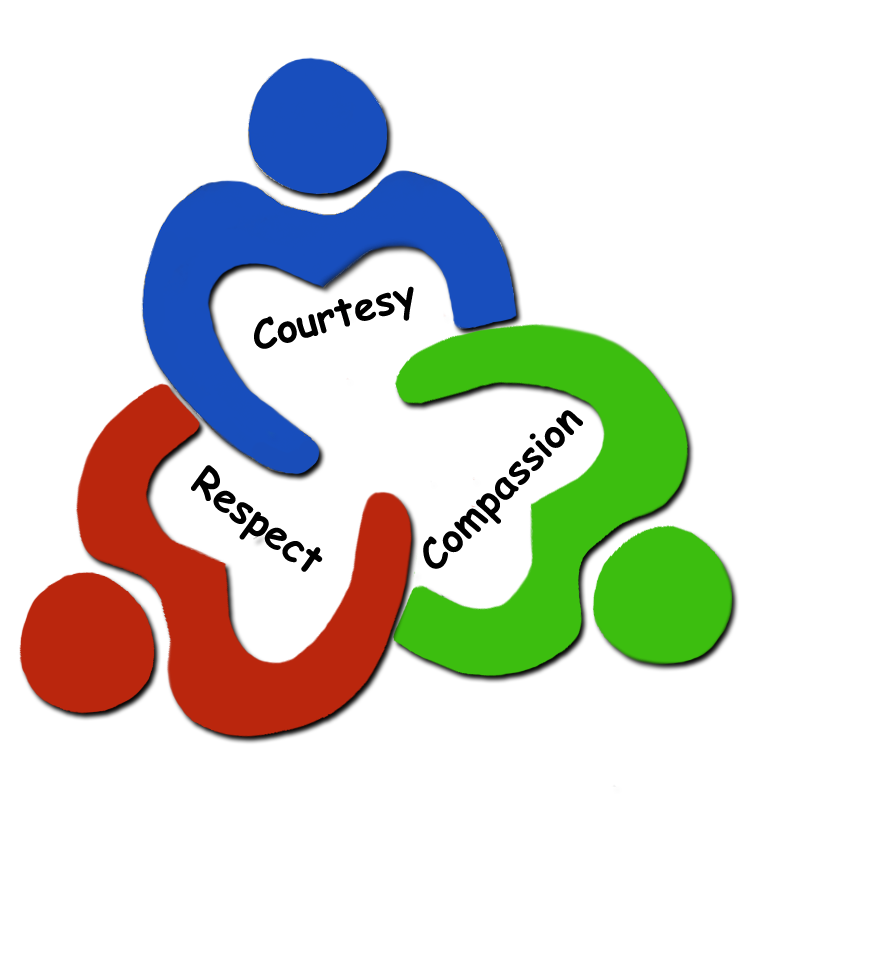Barrhead Victim Services
If you are a victim of a crime or serious trauma, you can expect to be treated with courtesy, compassion, and respect. Victim Service Units are staffed with trained, caring people who offer information, assistance, and support during the police investigation, during times of trauma or crisis, and throughout the criminal justice process.
While no one ever expects to be a victim, it is important to know there is help available to you.
Victim Services provides:
Information
- Police File Information
- Victim Impact Statements
- Court Preparation and Accompaniment
- Financial Benefits Program
- Request for Restitution Program
Referrals
- Counselling Agencies
- Distress / Crisis Lines
- Emergency Social Services
- Medical Examiner's Office
- Liaison with Police
- Crown Prosecutor's Office
- Support Groups
Offering
- Support
- Information
- Referral

